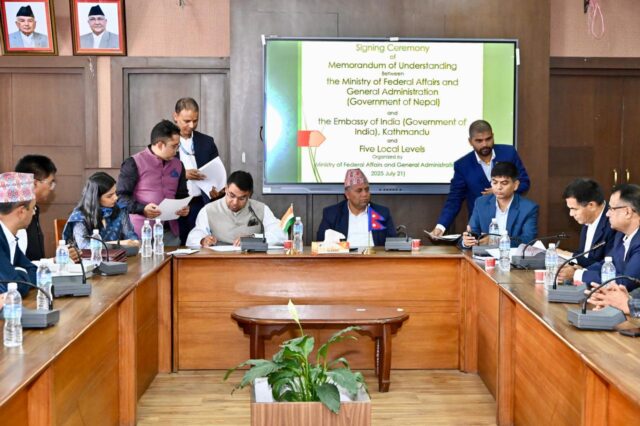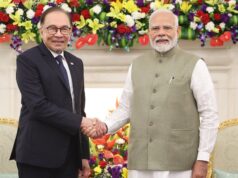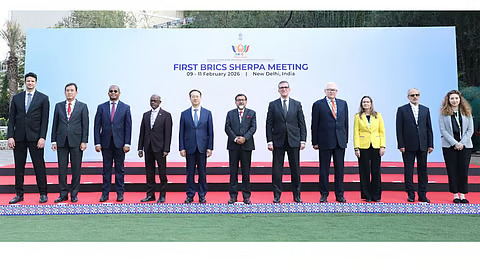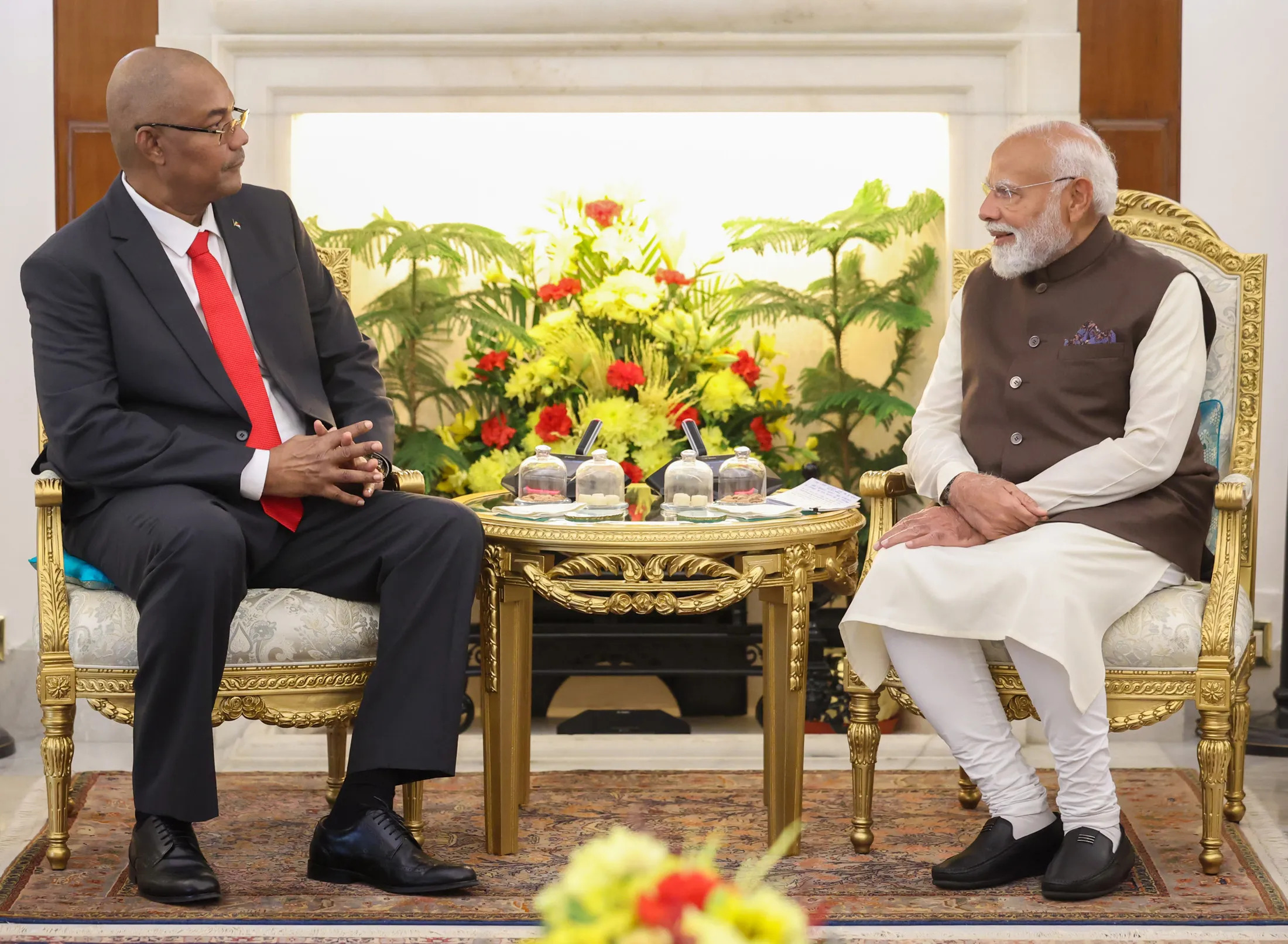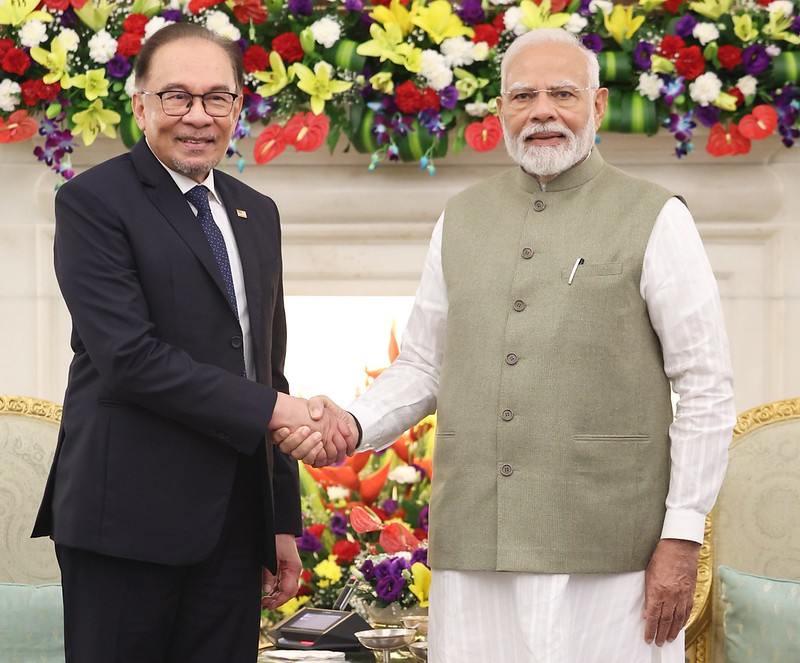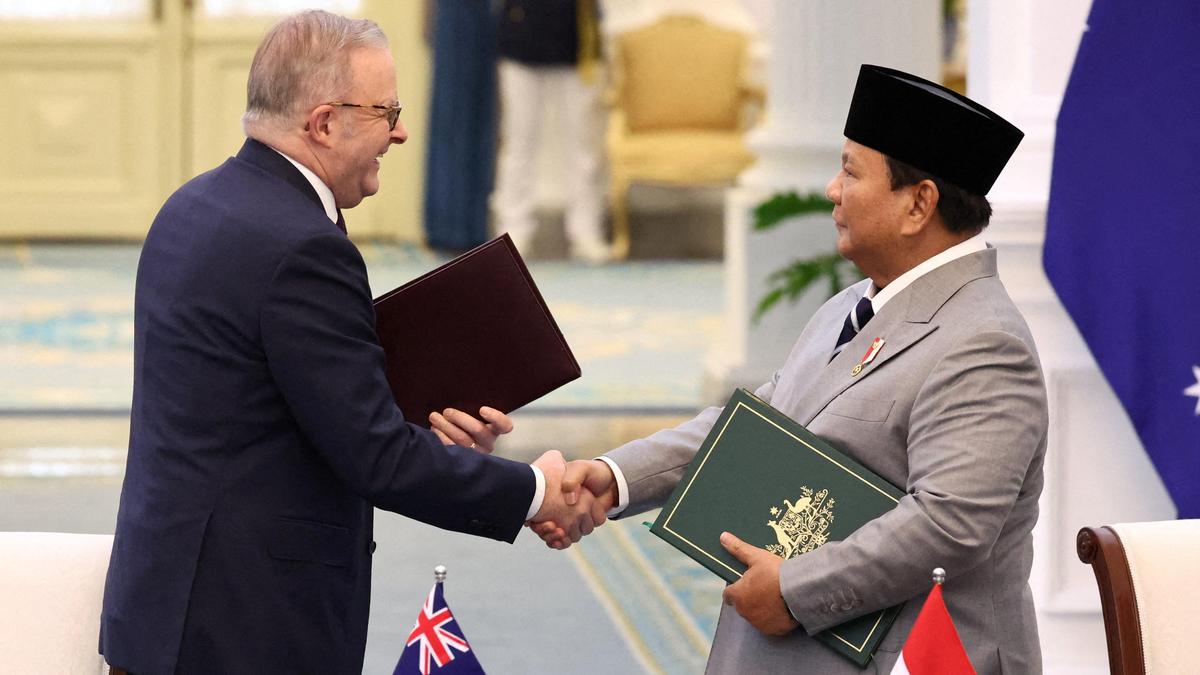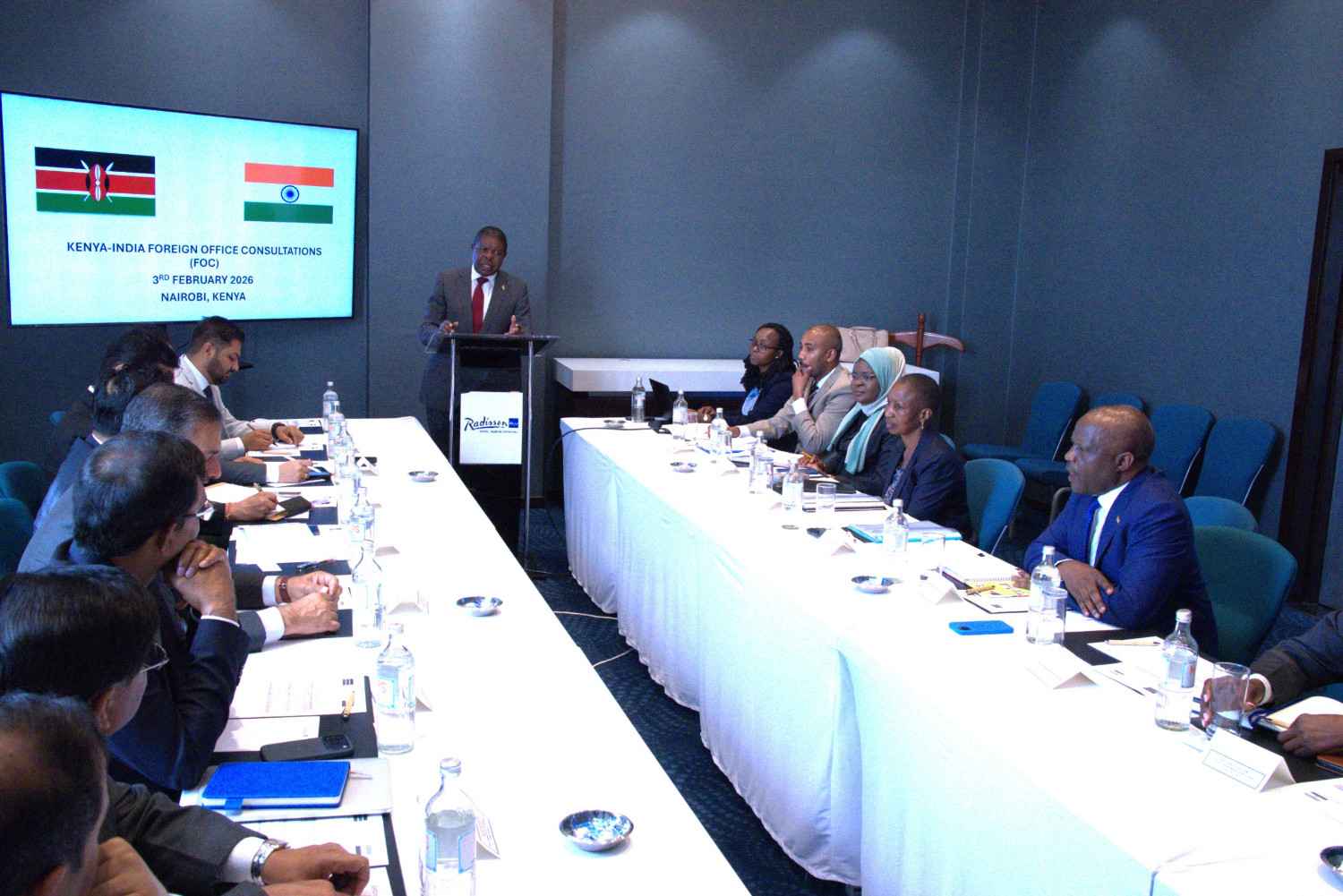In a significant boost to grassroots development and bilateral cooperation, the Embassy of India in Kathmandu, the Ministry of Federal Affairs and General Administration of Nepal, and several project-implementing agencies signed Memorandums of Understanding (MoUs) today for the execution of five High Impact Community Development Projects (HICDPs) across Nepal. The projects—focused on the education and health sectors—will be implemented with grant assistance from the Government of India, with a total estimated cost of NPR 390 million. These initiatives are the latest in a long-standing development partnership between the two countries, with the projects strategically located across both the Terai and Himalayan regions.
The five selected projects include:
- Construction of Shree Jan Shakti Secondary School in Dhanusha District;
- Construction of Shree Mahobani Padam Secondary School in Parsa;
- Construction of Shree Basuki Secondary School in the remote hill district of Achham;
- A new school building, hostel, and library for Benga Sah Secondary School in Bara;
- And a 5-bed hospital building in the high-altitude district of Manang.
The projects will be implemented through local authorities and institutions, including municipalities and rural municipalities, reflecting a bottom-up approach to development. Local governments will oversee the construction and ensure community involvement throughout the process. “These projects symbolize our strong development partnership with Nepal,” said an official from the Indian Embassy during the signing ceremony. “They’re not just buildings; they’re investments in the future—providing critical infrastructure to help improve the quality of life for communities that need them the most.”
Since 2003, India has undertaken 579 such High Impact Development Projects in Nepal, spanning all seven provinces and touching on a variety of sectors including education, health, drinking water, connectivity, sanitation, and public utilities. Of these, 496 projects have already been completed. The remaining projects are in various stages of completion, underscoring a continued commitment to supporting Nepal’s grassroots development needs. Officials from both nations reiterated the importance of India-Nepal cooperation, noting that these projects serve as tangible expressions of the close ties and mutual respect that define their relationship. As Nepal continues to navigate the challenges of equitable development across diverse geographies and communities, partnerships like these offers both nations a shared path forward—one project at a time.

